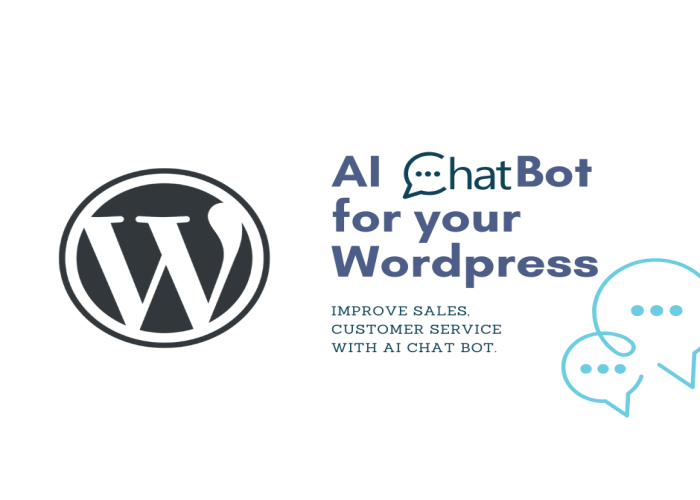Unlocking Success: Best Practices in AI Implementation
-
23 Jun 2025
-
1548 Views

Understanding the Problem
Before diving into AI, it's essential to clearly define the problem you're trying to solve. Understanding the nuances of the challenge will help in selecting the right model and approach. Involve stakeholders to gather diverse insights.
Data Quality Matters
AI thrives on data. Ensure that the data you use is accurate, relevant, and high-quality. Clean and preprocess your data to eliminate noise. It’s vital to have a well-structured dataset to train your AI models effectively.
Choosing the Right Tools and Frameworks
Select tools and frameworks that match your needs. Whether it's TensorFlow, PyTorch, or other libraries, the right choice can make or break your project. Familiarity with these tools can accelerate development and minimize hurdles.
Iterate and Experiment
AI projects benefit greatly from an iterative approach. Testing different algorithms, parameters, and configurations can lead to better results. Don't hesitate to experiment and fine-tune your models based on performance metrics.
Focus on Collaboration
Encourage collaboration between AI specialists and domain experts. This teamwork can bridge the gap between technical AI capabilities and real-world applications, ensuring greater relevance and functionality.
Continuous Monitoring and Improvement
Once your AI solution is deployed, it’s not the end. Continuously monitor its performance and gather user feedback. This data will be useful for further refinements and updates. AI is a journey, not just a one-time project.
Ethical Considerations
Lastly, ethical concerns should never be overlooked. Ensure that your AI implementations are fair, transparent, and respect user privacy. Adhering to ethical guidelines will foster trust among users and stakeholders.







